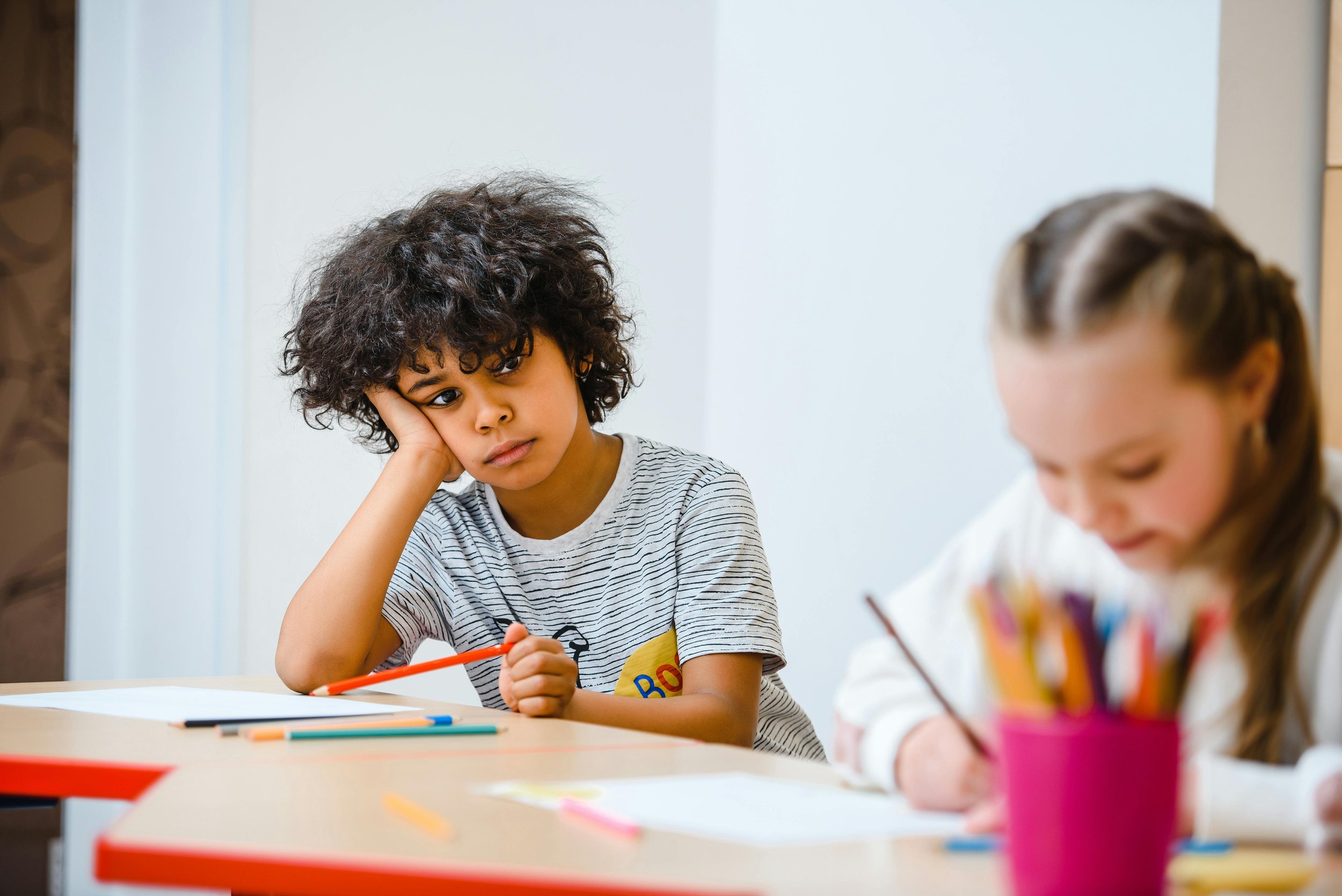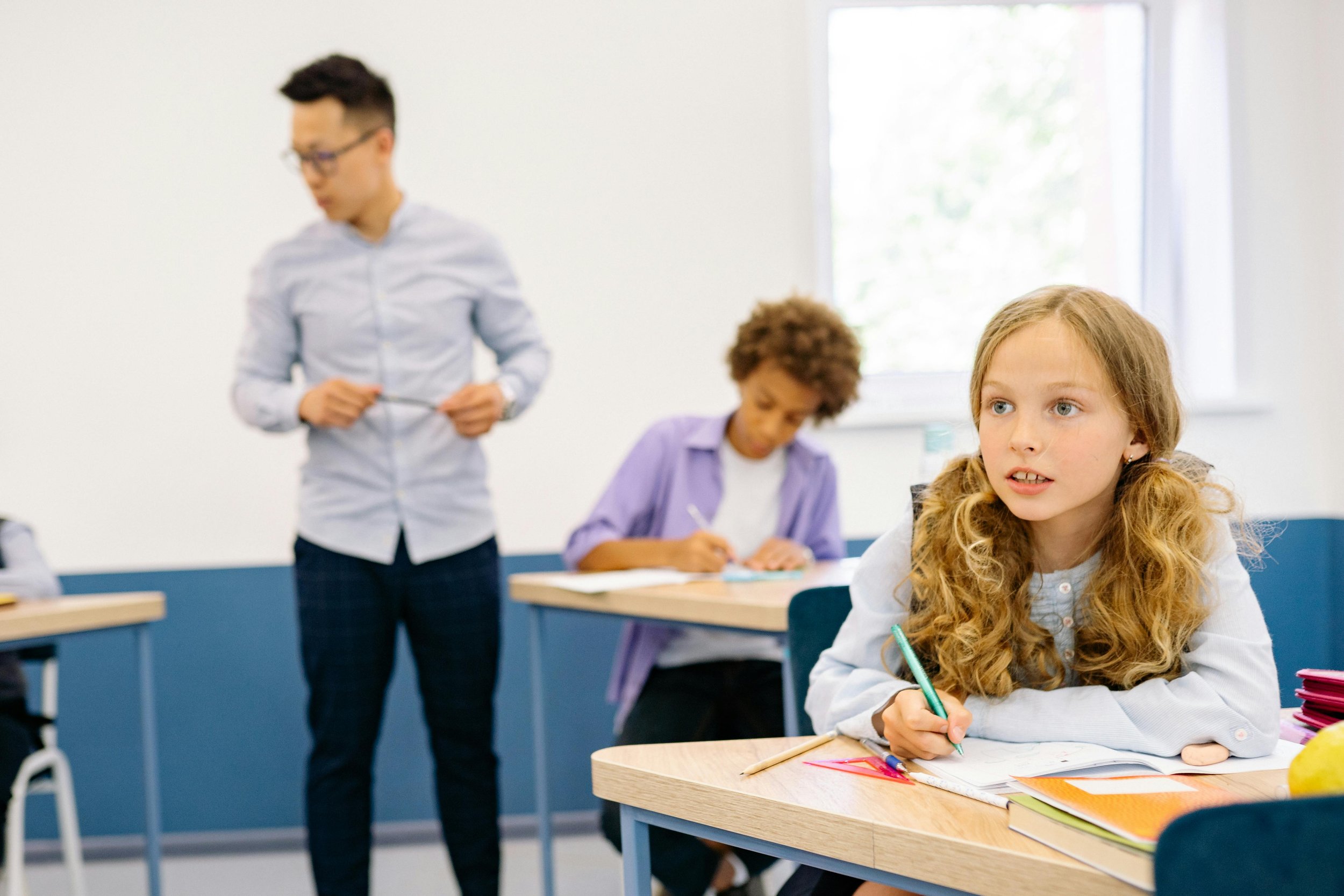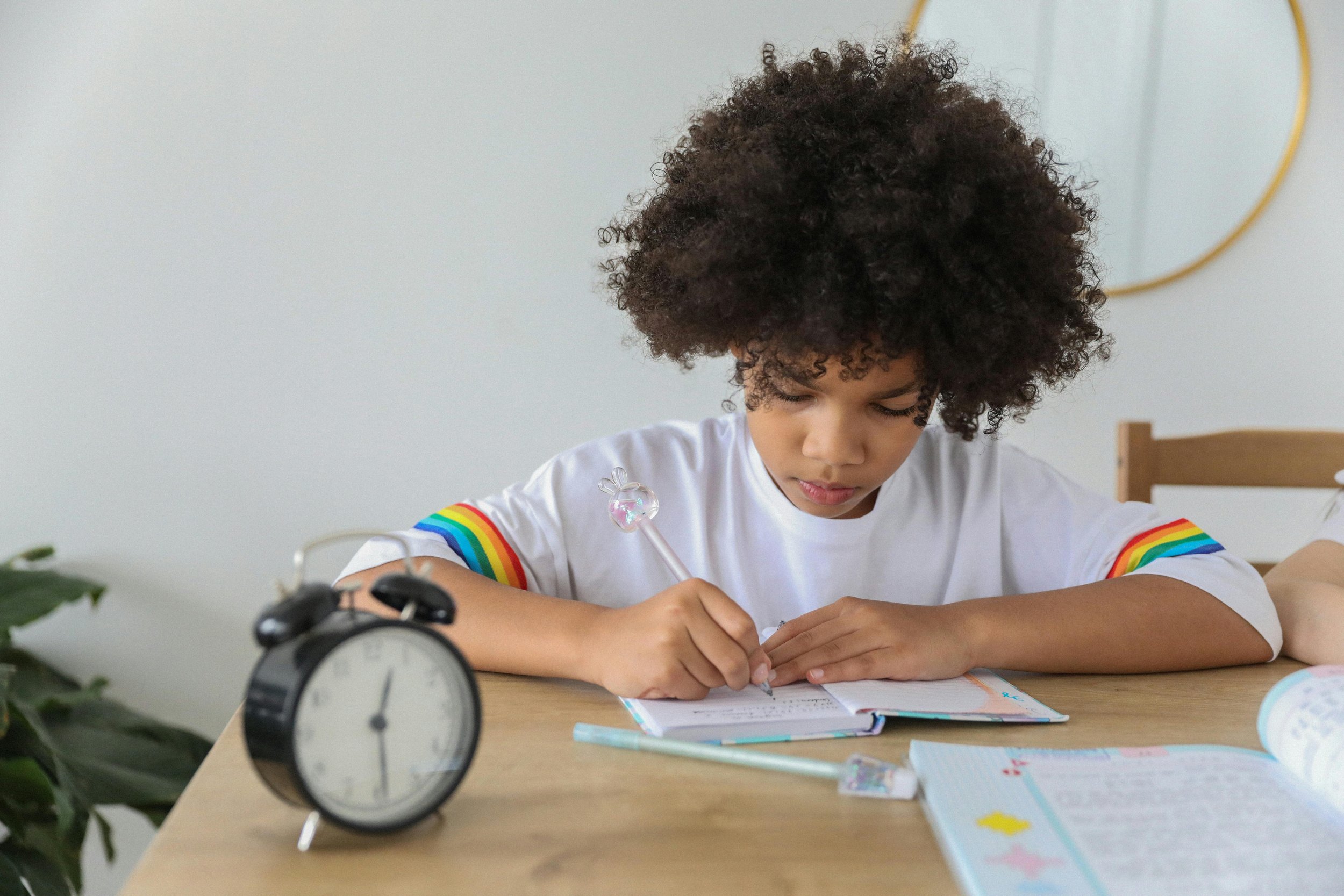How to Support Your ADHD Child in School
Helping your ADHD child succeed in school can sometimes feel like solving a complex puzzle—each piece representing a unique need, strength, or challenge. It’s a process that requires patience, creativity, and collaboration to bring the full picture into focus. Your ADHD child will face many unique challenges, especially in navigating the classroom and building friendships.
This article will explore how ADHD in kids influences their experiences in school and with peers. We’ll also provide actionable tips to help your child flourish in their academic and social settings. Plus, we'll spotlight the fantastic ADHD therapy in North Texas, designed to boost your child's confidence and develop strategies for those challenging moments.
The Impact of ADHD on Kids on School and Social Life
Classroom Struggles
Children with ADHD often encounter unique hurdles in the classroom. Difficulty sustaining focus can make it hard to follow instructions or complete tasks. For instance, a child might eagerly begin a worksheet, only to get sidetracked by a classmate’s chatter or lose track of time. Impulsivity can add to these challenges, leading them to blurt out answers or interrupt lessons, which can frustrate both teachers and peers. These behaviors are not intentional but stem from ADHD’s core symptoms, highlighting the importance of understanding and tailored support in the school setting.
ADHD Peer Difficulties
ADHD doesn’t just affect academic life—it can also complicate peer relationships. Social skills like turn-taking, interpreting social cues, and maintaining conversations can be particularly difficult. A child might misinterpret a playful joke as hurtful or struggle to wait their turn during a group activity, leading to misunderstandings and feelings of exclusion. These challenges can take a toll on their self-esteem and make forming meaningful friendships harder. Helping children navigate these social obstacles is crucial for fostering confidence, connection, and emotional well-being.
Strategies for How to Support Your ADHD Child in School
Understanding ADHD in kids is the first step in providing effective support. Teachers and parents working together can create an environment where children thrive academically and socially.
Create a Structured Environment
Establishing a consistent routine at home and in the classroom can help your child stay organized. For example, create a visual schedule with pictures to outline daily tasks or use color-coded folders for different subjects to simplify transitions. These strategies help manage school challenges ADHD often presents by reducing anxiety and improving focus.
Collaborate with Teachers
Maintaining open communication with your child's teachers is essential. Share practical strategies from home, such as breaking tasks into smaller steps or using visual timers to manage time. Classroom accommodations can also be implemented to assist with focus, such as seating arrangements that minimize distractions or a teacher providing frequent check-ins.
Encourage Movement Breaks
Physical activity helps children with ADHD reset and refocus. Teachers can incorporate stretching, jumping jacks, or brief walks into the school day. At home, quick breaks like dancing to a favorite song or bouncing a ball during homework time can improve concentration and alleviate restlessness.
Utilize Technology
Leverage tools to enhance organization and focus. Apps like Todoist or Trello help manage assignments, while visual timers like Time Timer aid time management. Noise-canceling headphones can block distractions, and fidget toys keep restless hands engaged. These tools address both classroom and homework-related school challenges ADHD students face.
How ADHD Therapy in North Texas Can Help
Living with ADHD presents challenges, but compassionate therapy offers practical solutions. ADHD therapy in North Texas provides support to children and families navigating these difficulties.
Building Confidence Through Understanding
Therapists empower children to embrace their unique brain wiring by highlighting their strengths and challenges. For instance, a child may discover that their creativity stems from how their ADHD brain functions. Recognizing these strengths boosts confidence and fosters a growth mindset.
Developing Practical Coping Strategies
Therapy equips children with tools to handle ADHD symptoms. For example, they can use checklists to organize assignments or role-play to practice staying calm in frustrating situations. These strategies make tasks like completing a long-term project more achievable.
Addressing ADHD Peer Difficulties
Therapy offers a safe space for children to develop social skills. Role-playing scenarios—such as sharing toys, resolving conflicts, or joining group activities—help children approach real-life interactions more confidently and effectively.
Understanding how ADHD affects children’s school and social experiences is the key to helping them thrive. By collaborating with teachers, implementing strategies at home, and exploring ADHD therapy in North Texas, you can give your child the support they need to succeed.
School challenges ADHD brings may feel overwhelming, but your child can overcome these obstacles with the right tools. Celebrate their strengths, advocate for their needs, and guide them through peer difficulties with compassion. Your child can build confidence, develop coping mechanisms, and succeed in school and beyond with your support. Call the North Texas Adult & Child Counseling Center today for a free consultation—we’re here to help!



